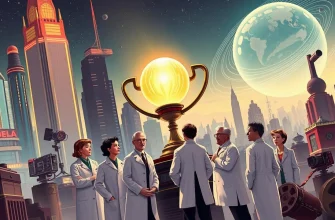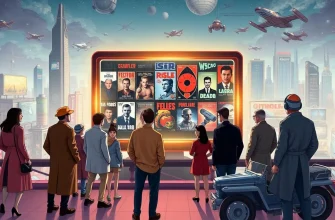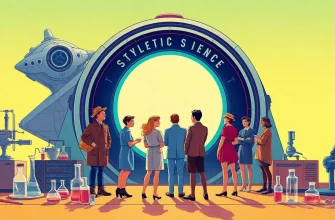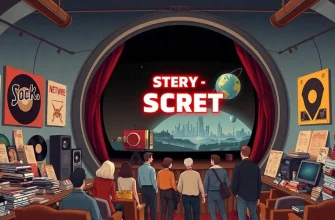Embarking on a cinematic journey through the cosmos, this curated collection of ten sci-fi films delves into the wonders of astronomy. From interstellar voyages to the mysteries of black holes, these films not only entertain but also inspire curiosity about our universe. Whether you're a stargazer or simply a fan of imaginative storytelling, these movies offer a blend of science, speculation, and spectacle that will leave you pondering the vastness of space.
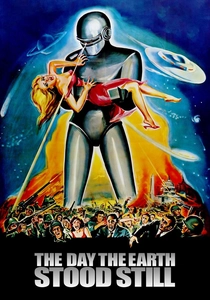
The Day the Earth Stood Still (1951)
Description: A classic film about an alien visitor who comes to Earth with a message about peace and the dangers of nuclear weapons, highlighting the vastness of space and our place in it.
Fact: The film was one of the first to use the concept of an alien visitor as a metaphor for Cold War tensions. It was remade in 2008, but the original remains a cultural touchstone.
 Watch Now
Watch Now
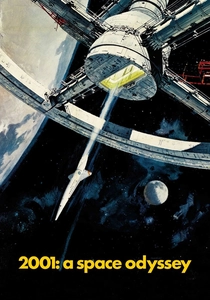
2001: A Space Odyssey (1968)
Description: Stanley Kubrick's masterpiece explores human evolution, space travel, and the mysteries of the universe, with a particular focus on the journey to Jupiter.
Fact: The film's special effects were groundbreaking for its time, with many techniques still used today. The monolith's dimensions are a ratio of 1:4:9, which are the squares of the first three integers.
 Watch Now
Watch Now
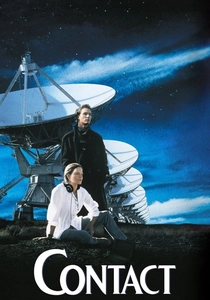
Contact (1997)
Description: Based on Carl Sagan's novel, this film follows Dr. Ellie Arroway's quest to make contact with extraterrestrial intelligence, highlighting the SETI project and the philosophical implications of such a discovery.
Fact: Jodie Foster, who plays Ellie, was also a producer on the film. The film's opening scene, with a sequence of radio signals, includes real audio from significant historical events.
 Watch Now
Watch Now
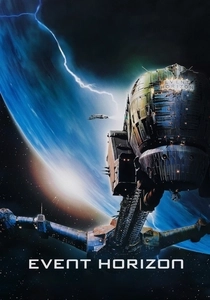
Event Horizon (1997)
Description: While more horror than pure sci-fi, this film explores the concept of a spacecraft designed to travel through black holes, encountering the unknown.
Fact: The film's director, Paul W.S. Anderson, was inspired by the works of H.P. Lovecraft. The ship's design was influenced by the idea of a cathedral in space.
 Watch Now
Watch Now
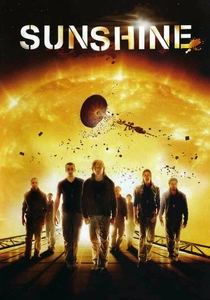
Sunshine (2007)
Description: This film follows a mission to reignite the dying sun, exploring themes of human psychology, sacrifice, and the awe-inspiring nature of our star.
Fact: The film's director, Danny Boyle, used real scientists as consultants to ensure the portrayal of the sun and space travel was as accurate as possible. The film's score was composed by John Murphy, known for his work on "28 Days Later."
 Watch Now
Watch Now
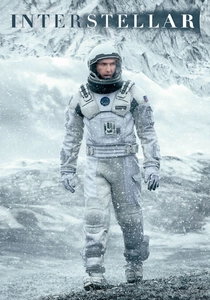
Interstellar (2014)
Description: This epic space adventure explores the concept of wormholes, time dilation, and the search for a new home for humanity. Its scientific accuracy, thanks to physicist Kip Thorne, makes it a standout in the genre.
Fact: The film's depiction of a black hole, named Gargantua, was based on real scientific calculations. Also, the astronauts' watches were custom-made by Hamilton, designed to withstand the harsh conditions of space.
 Watch Now
Watch Now
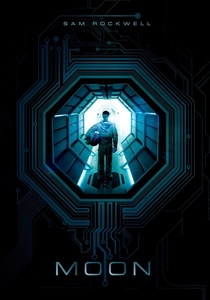
Moon (2009)
Description: This film delves into the psychological effects of isolation on a lunar mining base, touching on themes of identity and the human condition in space.
Fact: Duncan Jones, the director, is the son of David Bowie. The film's budget was relatively low, but it received widespread acclaim for its storytelling and effects.
 Watch Now
Watch Now
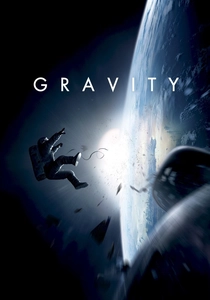
Gravity (2013)
Description: This film showcases the harsh realities of space travel, focusing on the physics of zero gravity and the beauty of Earth from orbit, making it a visual and educational treat.
Fact: The film was shot in a way to simulate zero gravity, with Sandra Bullock and George Clooney often suspended in harnesses. The film's opening shot, a continuous 13-minute take, was a technical marvel.
 Watch Now
Watch Now
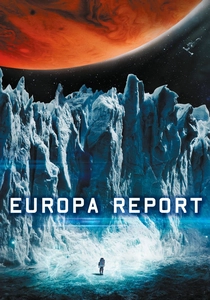
Europa Report (2013)
Description: A found-footage style film about a mission to explore Europa, one of Jupiter's moons, and the potential for life in its subsurface ocean.
Fact: The film was praised for its realistic portrayal of space exploration and its use of actual scientific data about Europa. The actors underwent astronaut training to prepare for their roles.
 Watch Now
Watch Now
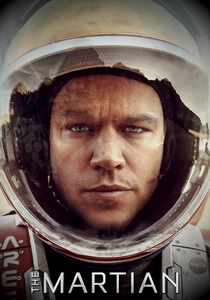
The Martian (2015)
Description: While not strictly about astronomy, this film's focus on Mars exploration, survival, and the science of space travel makes it a compelling addition to this list.
Fact: The film was praised for its scientific accuracy, with NASA's involvement ensuring the portrayal of space travel was as realistic as possible. The potatoes grown by Mark Watney were actually grown on set.
 Watch Now
Watch Now


